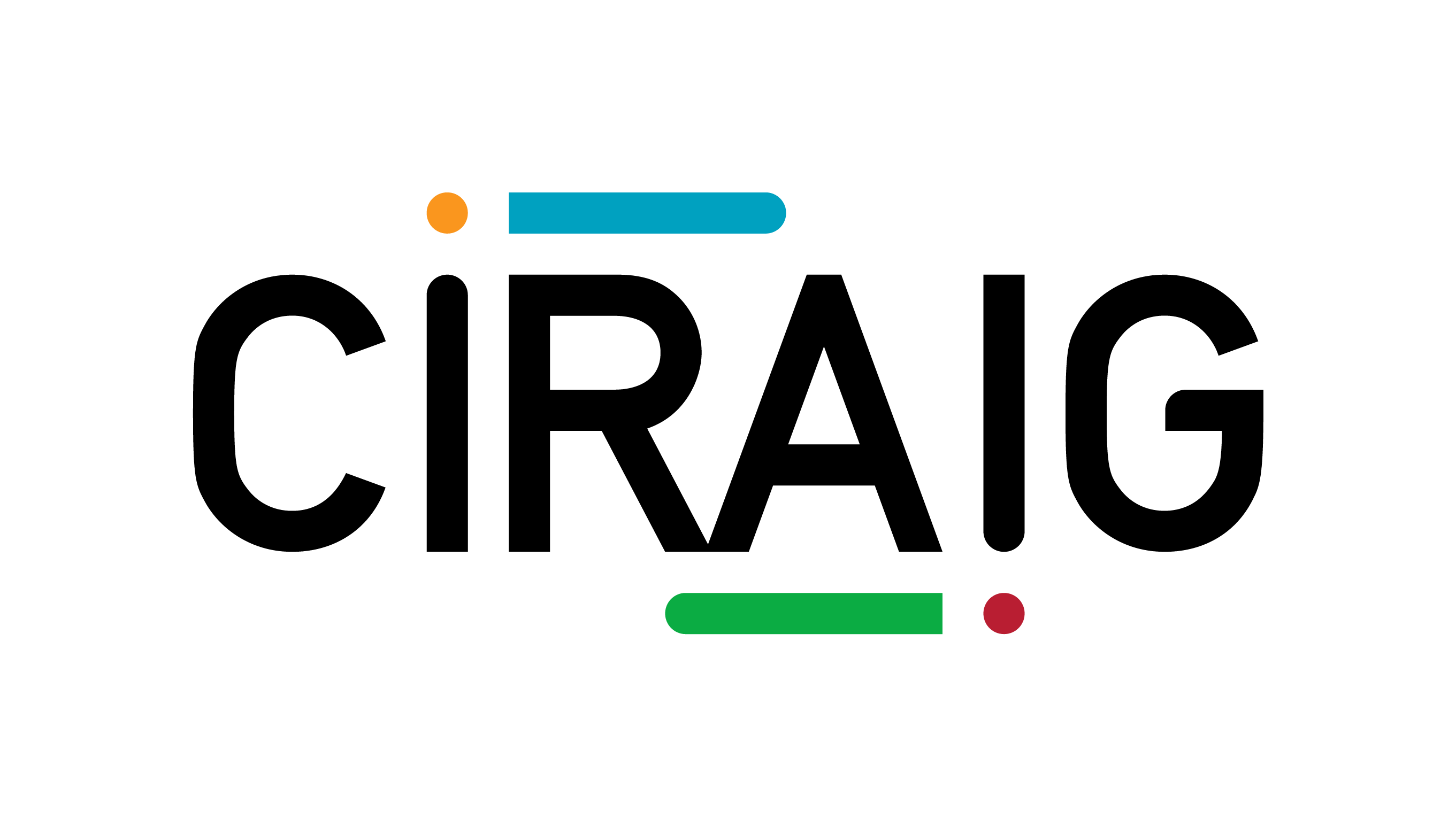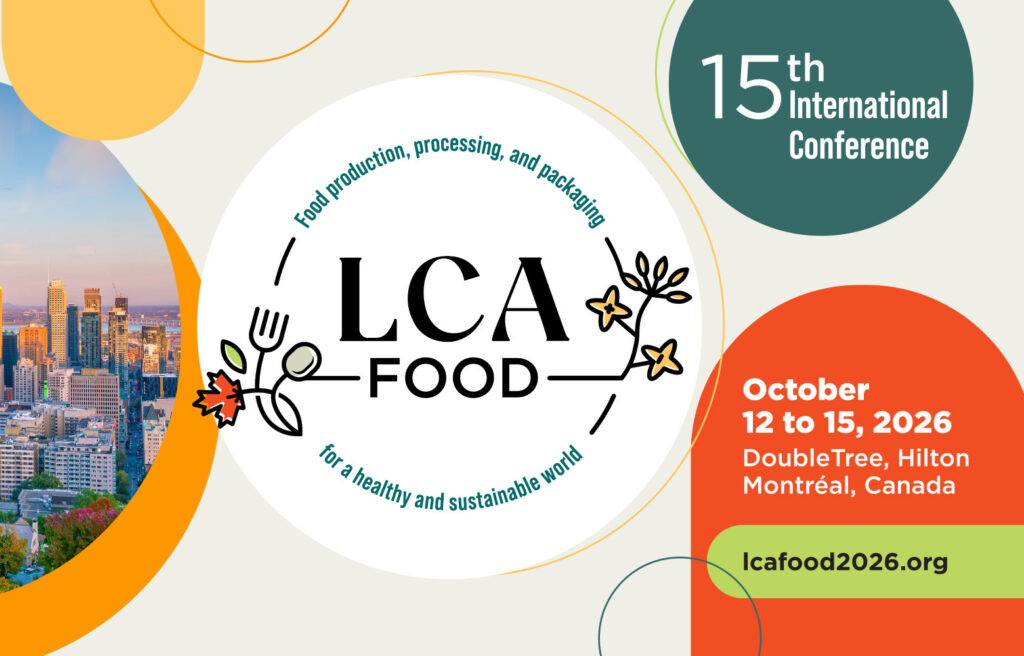Project
Life cycle assessment of biomass energy : state of the art, methodological challenges and recommendations
Biomass energy, or bioenergy, is energy produced from renewable biomass, for which the assessment of environmental impacts through life cycle assessment (LCA) presents a number of challenges, in particular methodological ones. The general objectives of this study are to analyze current practices for carrying out LCAs of biomass energy, and to provide recommendations on current and future best practices.

The specific objectives are:
- To identify current pathways regarding biomass energy (or bioenergy) production;
- To inventory the claims of different stakeholders about the environmental performances of bioenergy, thus potentially justifying the use of bioenergy;
- To define the theoretical concepts of LCA of bioenergy;
- To inventory the main normative guidelines to conduct an LCA of bioenergy;
- To perform a literature review of the recent literature on LCAs of bioenergy to identify the main methodological choices influencing results;
- To perform a critical analysis of the main methodological issues related to LCAs of bioenergy;
- To perform a critical review of some reference data linked to LCAs of bioenergy;
- To test the influence of several methodological challenges through an application of a case study;
- To provide short- and long-term recommendations on best practices when performing LCAs on bioenergy.
In collaboration with
We use cookies on our website to give you the most relevant experience by remembering your preferences and repeat visits. By clicking “Accept”, you consent to the use of ALL the cookies.
Manage consent
Privacy Overview
This website uses cookies to improve your experience while you navigate through the website. Out of these, the cookies that are categorized as necessary are stored on your browser as they are essential for the working of basic functionalities of the website. We also use third-party cookies that help us analyze and understand how you use this website. These cookies will be stored in your browser only with your consent. You also have the option to opt-out of these cookies. But opting out of some of these cookies may affect your browsing experience.
Necessary cookies are absolutely essential for the website to function properly. This category only includes cookies that ensures basic functionalities and security features of the website. These cookies do not store any personal information.
Any cookies that may not be particularly necessary for the website to function and is used specifically to collect user personal data via analytics, ads, other embedded contents are termed as non-necessary cookies. It is mandatory to procure user consent prior to running these cookies on your website.
Your subscription could not be saved. Please try again.
Your subscription has been successful.





